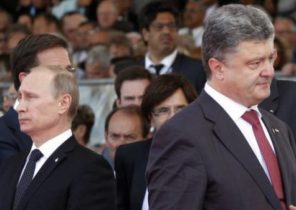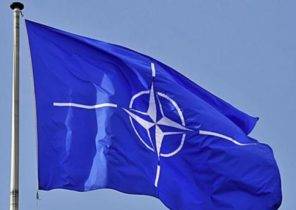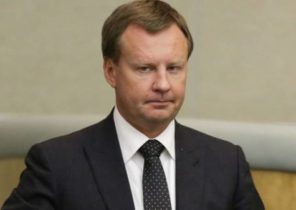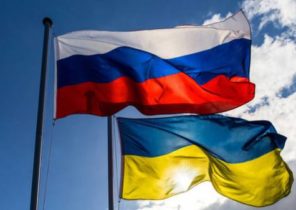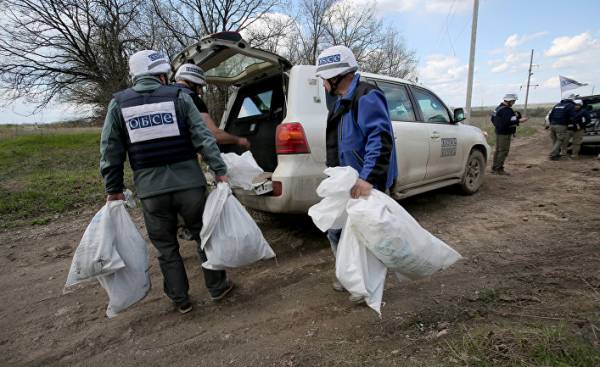
“The conflict could end right now, but there’s no political will” — said the Deputy Chairman of the special monitoring of the OSCE mission Alexander hug (Alexander Hug).
The OSCE is concerned that the conflict in Ukraine can once again turn into full-scale war. The Minsk agreement remained unfulfilled, and the ceasefire line fit more heavy weapons, artillery, tanks and grenade launchers.
“Over the past weekend the regime of temporary ceasefire was violated 3,000 times. In this both parties are guilty, — said the Deputy Chairman of the monitoring mission of the OSCE Alexander hug, who came on a visit to Helsinki. — Face got too close to the line of contact, sometimes the distance between them amounts to only 10-30 meters.”
The BBC fears that even a small misunderstanding or provocation can now lead to the start of the fighting. He recalled that no tanks, no artillery, no grenades are not precision weapons, so their use in settlements will inevitably lead to civilian casualties.
“For the current year, we recorded 205 cases, says hug. — 40 people died, others injured”.
Battles are still ongoing in the vicinity of Mariupol and Donetsk, in small towns Avdiyivka and Yasynuvata North of Donetsk and Gorlovka.
Near the contact line is still home to hundreds of thousands of civilians, although some residents had left the war to Russia or other regions of Ukraine.
The length of the contact line is 500 kilometers. On this piece there are only five checkpoints, four of which are located in Donetsk and one in Luhansk. According to the BBC, people are constantly on the move across the border in both directions to work or to relatives.
The war in Ukraine began three years ago in may of 2014. In the fighting killed more than 10 thousand people, two million have fled their homes. “The conflict could end right now, but there is no political will,” says hug.
He recalled that at the beginning of the academic year in September 2016, the parties agreed to a cease-fire, but now this topic is not even raised.
The OSCE in Ukraine 652 observer, 25 of them Finns. 572 observer’s work in the East of Ukraine on both sides of the border. Observers are not armed, their task is to gather information.
The OSCE includes 57 member States. Russia and the United States also participate in operations in Ukraine, which, apparently, will continue at least until March of next year.
According to the BBC, the observer constantly in the way — especially in the territories controlled by the rebels. In April, one observer was killed and two were injured when hitting a mine in Lugansk.
“It was the first fatality during this mission,” says hug.
He recalled that, in accordance with the Minsk agreements, mines should be removed from the area. However, this was not done, and both sides constantly establish new mines.
Ukraine demands that OSCE observers were armed. Then, the observation mission will acquire the character of peacekeeping. The request would mean a change in the mandate of the OSCE and found no support in the countries-members of OSCE.
The EU and the U.S. imposed economic sanctions on Russia, which will remain in place as long as the Minsk agreement are not met. They involve a ceasefire and the diversion of heavy weapons from the contact line. They also provide for the restoration of full control over the state border by the government of Ukraine throughout the conflict area.
In Ukraine, the fear that at some point, Western countries will conclude an agreement with Russia and oppose sanctions. Fears were strengthened after the November 2016 US President was elected, Donald trump (Donald Trump) that the campaign he held Pro-Russian views.
Researcher of Institute of foreign policy of Finland Arkady Moshes believes that Russia and the United States will come to an understanding on Ukraine, since we are talking about the larger contradictions. Ukraine is just their component parts.
“The time of the partition of the world on the model of the Yalta conference gone forever,” writes the Moshes in his latest article. He recalled that neither the United States nor Russia can no longer direct the will of other countries just as they did after the Second world war.
According to Moshes, if in the existing situation the West has forced Ukraine to endorse a hypothetical agreement with Russia, which Kiev is not satisfied, this could lead to serious political or even military conflict in the EU.
According to Moshes, the “freezing” of the conflict in Eastern Ukraine or an extended period of cease-fire would significantly improve the situation. However, he doubts that the parties are ready for such a compromise. The Kremlin will likely not be satisfied with the “frozen conflict” that would not allow him to have a decisive influence on Ukraine.
